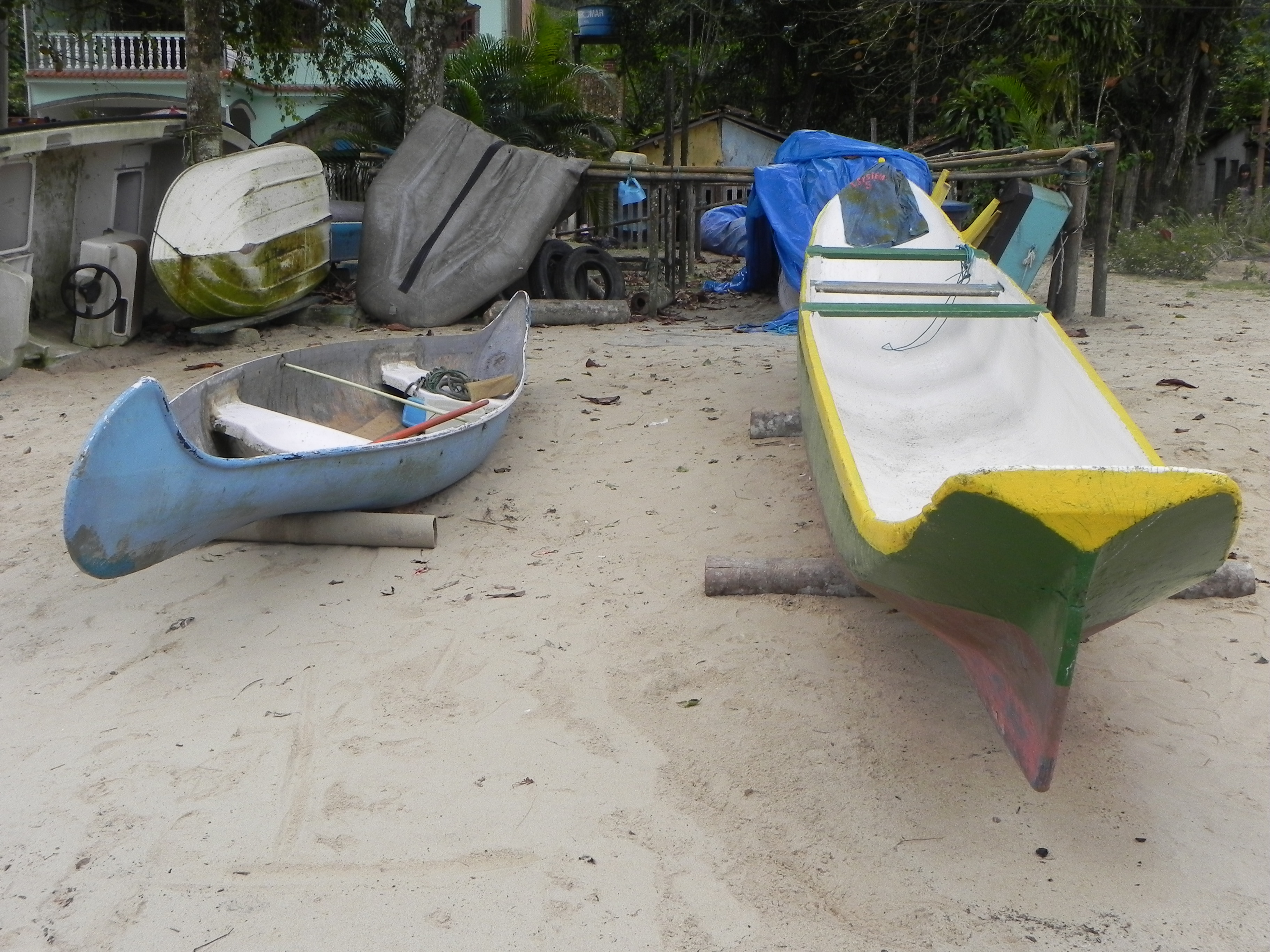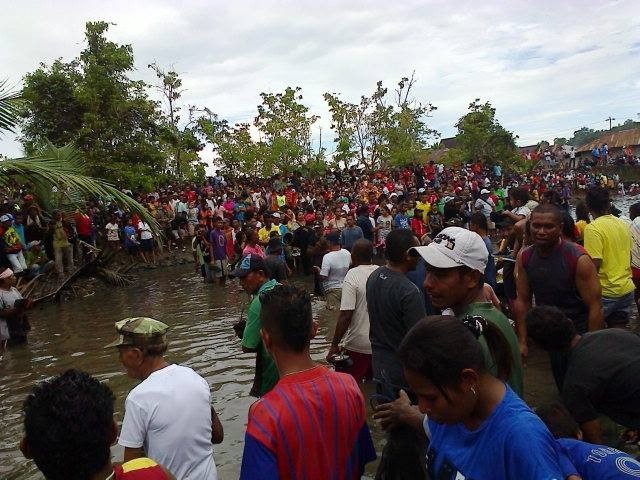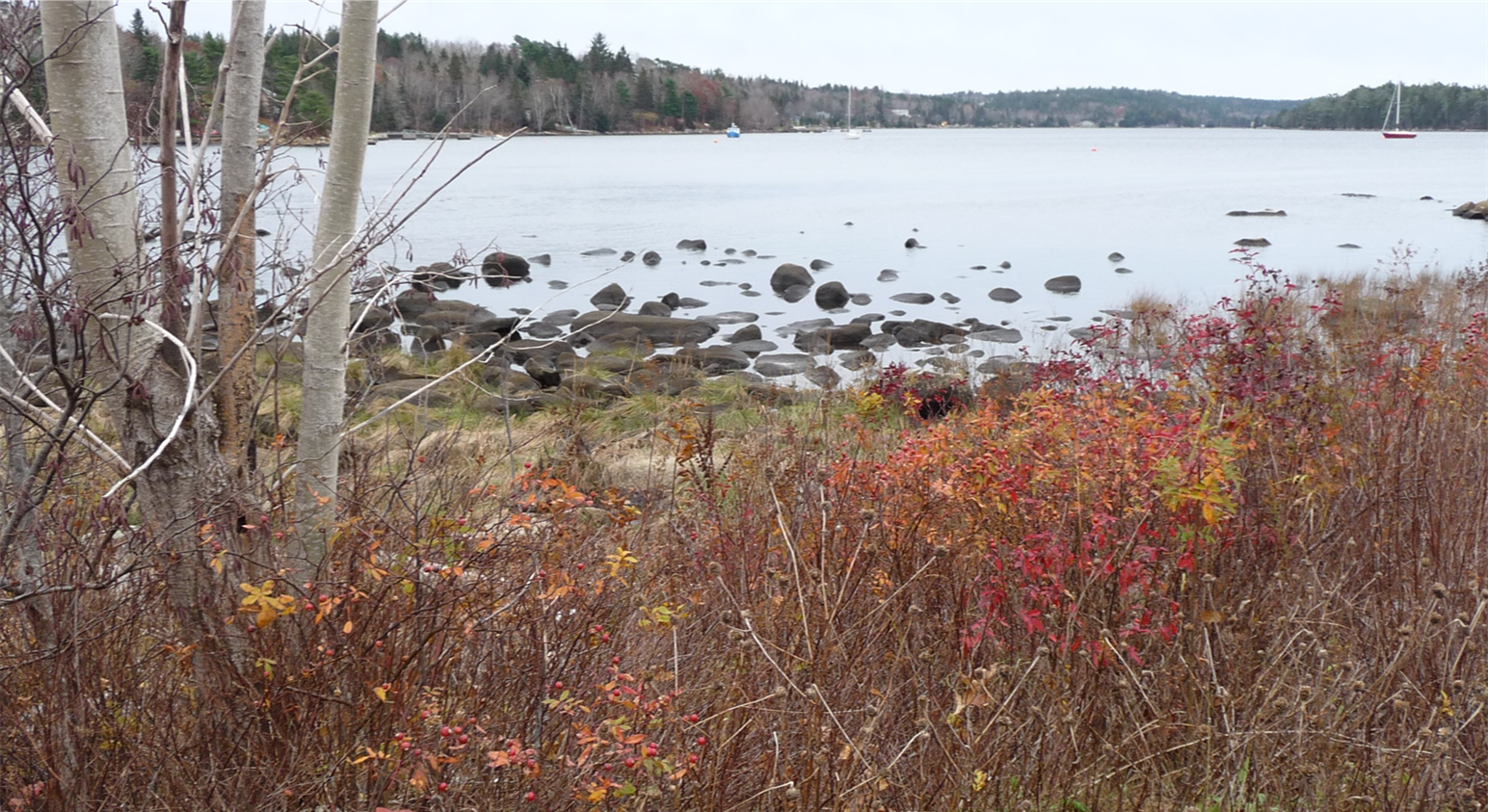Opportunities
Chapter 8
Navigating the Transformation to Community-Based Resource Management
By Jessica Blythe, Philippa Cohen, Kirsten Abernethy and Louisa Evans
In Chapter 8, Jessica Blythe and colleagues use the case of community-based resource management (CBRM) in the Solomon Islands to contribute a critical social science perspective on navigating social transformations towards sustainability. In particular, their analysis considers CBRM as a governance transformation given the widespread establishment of community co-managed areas and the significant implications for the country’s governance landscape.
Chapter 9
Navigating from Government-centralized Management to Adaptive Co-management in a Marine Protected Area, Paraty, Brazil: Turbulence, Winds of Opportunity, and Progress Towards Transformation
By Cristiana Simão Seixas, Ana Carolina Esteves Dias and Rodrigo Rodrigues de Freitas
Cristina Seixas and colleagues (Chapter 9) examine the ongoing attempts to transform a centralized and ineffective marine protected area management system towards a more collaborative and adaptive system of governance. In doing so, they draw on a five-year participatory research project in Paraty, Brazil, and offer a number of insights on the opportunities and challenges of transforming governance arrangements in the context of an historically top-down system.

Different types of canoes at the beach (Ana Carolina Esteves Dias)
Chapter 10
Koh Pitak: A Community-Based, Environment and Tourism Initiative in Thailand
By Philip Dearden, Dachanee Emphandhu, Supawinee Songpornwanich and Amnat Ruksapol
In Chapter 10, Philip Dearden and colleagues synthesize insights from a coastal community in Thailand where declining fisheries led to locally-initiated and place-based livelihood solutions. Those solutions have scaled up and out to provide a working model for other coastal communities in Thailand, and have also led to new national governance approaches for coastal fisheries that better reflect the interests of communities and the ecosystems they depend upon.

Mangroves replanted by the community
Chapter 11
Sasi Laut In Maluku: Transformation and Sustainability of Traditional Governance in the Face of Globalization
By Ahmad Mony, Arif Satria and Rilus A. Kinseng
In Chapter 11, Ahmad Mony, Arif Satria, and Rilus A. Kinseng reflect on the transformation of traditional governance practices (‘sasi laut’) in one region of Indonesia as an important opportunity to foster sustainability in the coastal commons. They show in particular how this traditional form of governance has shifted in ways that respond to changing conservation values, social norms and potential scope of its application.

Lompa fish harvesting
Chapter 12
The Messy Intertidal Zone: Transformation of Governance Thinking for Coastal Nova Scotia
By Jennifer Graham and Anthony Charles
Jennifer Graham and Anthony Charles (Chapter 12) describe and analyze a relatively rapid transformation in how coastal conservation organizations in the Province of Nova Scotia (Canada) sought to build coastal governance. Their analysis traces the historical development of civil society efforts to overcome perceived inadequacies in coastal governance, and the mechanisms used to influence the development of a provincial coastal strategy. In doing so, they highlight a number of important lessons for transformations in coastal governance.

Chapter 13
Communities, Multi-level Networks and Governance Transformations in the Coastal Commons
By Derek Armitage, Steve Alexander, Mark Andrachuk, Samantha Berdej, Shandel Brown, Prateep Nayak, Jeremy Pittman and Kaitlyn Rathwell
In Chapter 13, Derek Armitage and colleagues draw on seven international cases to examine how coastal communities are successfully leveraging and navigating the multi-level governance networks in which they are embedded. Their analysis emphasizes in particular how individuals and groups within coastal communities are using governance networks to foster transformations, while recognizing the ongoing need and challenge of producing, re-working and leveraging networks for transformative change.


